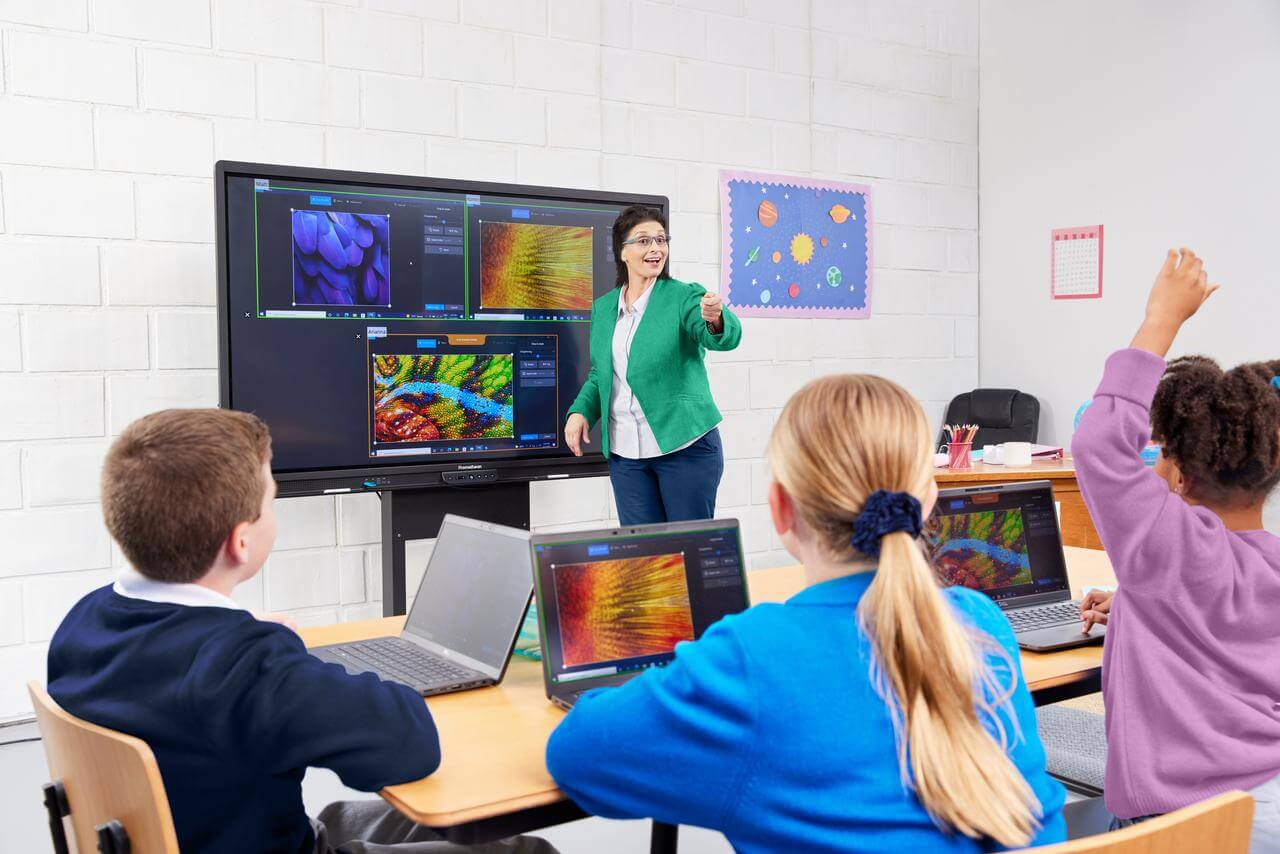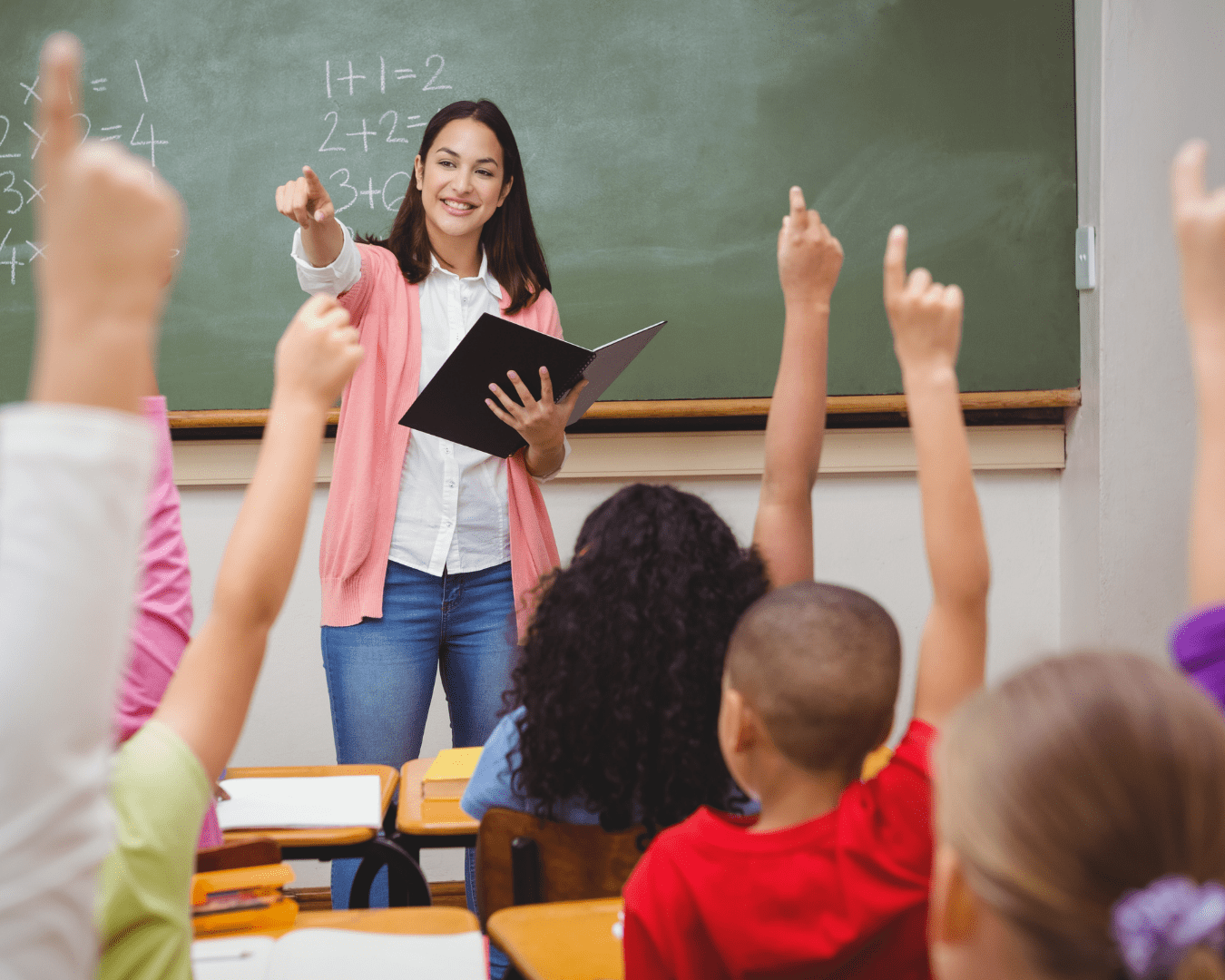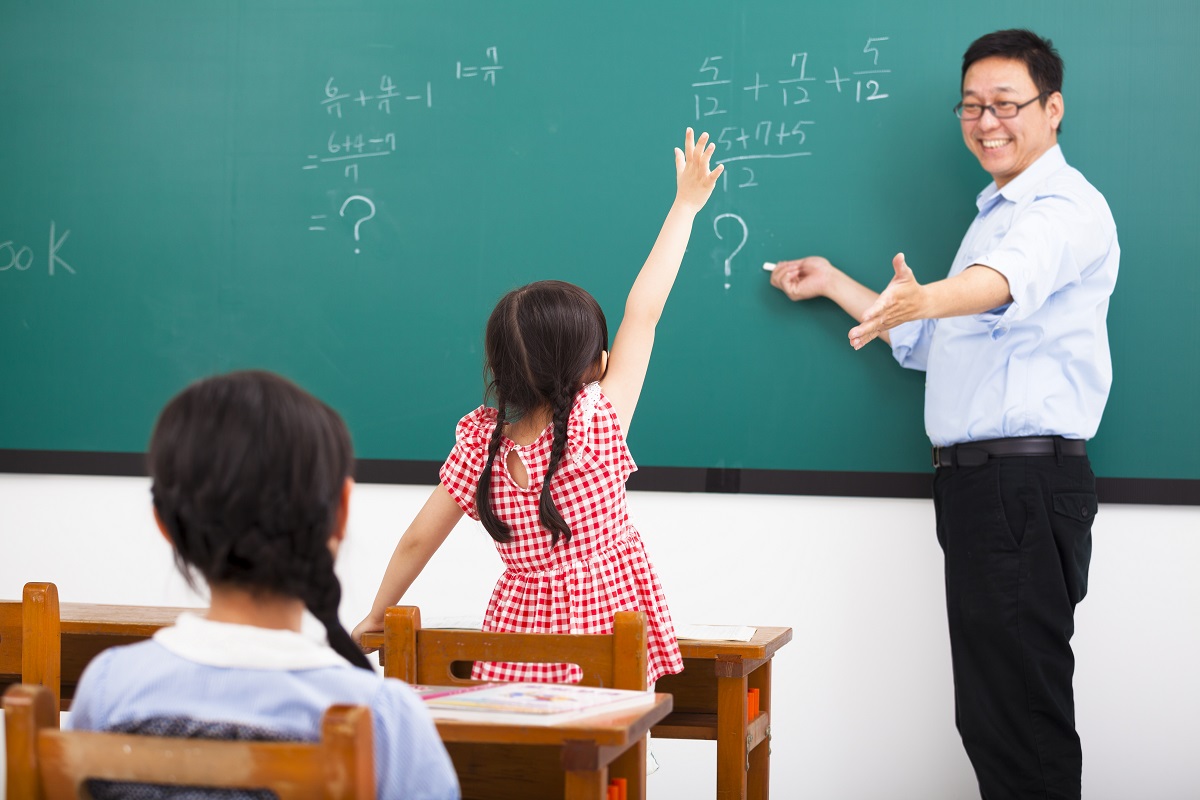Expert Primary Science Tuition Singapore for Understanding Complex Concepts
Expert Primary Science Tuition Singapore for Understanding Complex Concepts
Blog Article
Exploring the Different Training Strategies in Key Scientific Research Education And Learning Today
The landscape of main science education is progressing, with different teaching approaches gaining prestige in modern classrooms. Inquiry-based knowing, hands-on experiments, and the combination of innovation are redefining how instructors involve young minds. Additionally, joint approaches and set apart guideline are being utilized to deal with the varied requirements of students, enhancing both involvement and understanding. As we check out these methodologies, inquiries develop about their performance and the ramifications for future educational practices. What might these changes in approach mean for the future generation of learners?
Inquiry-Based Knowing
Inquiry-Based Learning (IBL) is a pedagogical technique that encourages trainees to discover scientific ideas via questioning, examination, and hands-on experimentation. This technique emphasizes the function of pupils as active individuals in their understanding, promoting essential thinking and analytical skills. By involving with real-world questions, trainees become interested and determined, which boosts their understanding of scientific principles.
In IBL, instructors function as facilitators, leading pupils as they browse their questions instead of delivering information directly. This student-centered strategy enables differentiation, fitting different discovering designs and speeds. Trainees establish skills in formulating hypotheses, developing experiments, and assessing information, which are crucial for scientific literacy.
Additionally, IBL promotes collaboration amongst trainees, urging them to share concepts and findings. This collective questions advertises social skills and a sense of area within the class. The procedure of questions motivates resilience, as pupils discover to accept failure as a stepping rock toward understanding.
Hands-On Experiments
Hands-on experiments are an important component of effective science education and learning, enhancing the concepts of inquiry-based knowing. These experiments allow pupils to engage straight with clinical concepts, cultivating a deeper understanding via experiential discovering. By manipulating products and observing outcomes, young students can understand abstract concepts in tangible means.
Such activities advertise critical reasoning and analytic skills, as students assume outcomes, conduct experiments, and assess outcomes. This process urges them to ask concerns, refine their understanding, and develop a scientific attitude. Moreover, hands-on experiments can be customized to varied knowing designs, making certain that all students have the possibility to involve meaningfully with the web content.
Additionally, hands-on experiments frequently motivate collaboration amongst peers, advertising teamwork and communication skills. Operating in teams makes it possible for students to share ideas, go over findings, and gain from each other, which improves their general instructional experience.
Including hands-on experiments right into the key science curriculum not only enriches the learning environment but likewise grows a long-lasting passion in scientific research. By proactively taking part in their education, students are more likely to establish a passion for clinical query that extends beyond the class.

Technology Assimilation
Incorporating technology into primary science education has actually come to be increasingly necessary in cultivating pupil involvement and boosting finding out outcomes. Making use of digital devices, such as interactive simulations, digital laboratories, and academic software application, supplies trainees with chances to check out scientific concepts in innovative ways. These sources promote a deeper understanding of intricate subjects by enabling learners to visualize and adjust variables that would certainly be unwise in a conventional classroom setup.
Additionally, innovation combination motivates customized discovering experiences. Students can proceed at their very own pace, revisiting tough ideas via multimedia sources, which deal with different learning designs. This flexibility not just sustains private growth however also grows a feeling of freedom in students.
In addition, modern technology serves as a bridge to real-world scientific research, linking pupils with current study and expert payments. Access to clinical journals and on-line data sources widens students' viewpoints on clinical inquiry and cultivates important assuming skills.
Collaborative Discovering
Collaborative knowing plays an essential role in main scientific research education by promoting teamwork and interaction skills amongst trainees. This strategy encourages learners to function together, share understanding, and participate in problem-solving, which enhances their understanding of scientific ideas. By getting involved in team activities, students learn to verbalize their concepts, pay attention to varied viewpoints, and work out options, every one of which are important abilities in both real-world and academic contexts.

Study indicates that joint discovering find here can result in increased inspiration and interaction in science topics, as students locate enjoyment in common experiences (primary science tuition Singapore). Furthermore, this strategy prepares students for future collective undertakings, equipping them with the skills needed for reliable teamwork in higher education and learning and professional settings. Ultimately, accepting joint understanding in primary science education can significantly enrich the discovering experience and advertise a much deeper understanding of clinical query
Differentiated Guideline

Distinguished instruction can manifest in various ways, such as varying the web content, procedures, or items of learning. Educators might use tiered tasks that give differing levels of intricacy, enabling pupils to work at their respective readiness levels. In addition, versatile grouping strategies can promote collaboration amongst students with different abilities, promoting peer learning.
Analysis plays an important duty in this technique, as it notifies guideline and assists educators recognize each student's unique demands. Formative analyses, such as observations and tests, can assist teachers in readjusting their techniques to enhance discovering results. primary science tuition Singapore. Inevitably, by applying separated instruction in key scientific research education and learning, educators can grow pop over here an extra equitable and reliable knowing setting, empowering all students to reach their complete possibility in understanding scientific sensations
Conclusion
In summary, the varied teaching methods in key science education, consisting of inquiry-based understanding, hands-on experiments, technology combination, collective learning, and separated guideline, jointly contribute to a much more reliable understanding environment. These techniques advertise crucial reasoning, problem-solving skills, and a deeper understanding of clinical concepts. By carrying out these strategies, teachers can create helpful and engaging class that address the different demands of trainees, inevitably fostering a lifelong passion in scientific research and enhancing academic accomplishment.
Inquiry-Based Understanding (IBL) is a pedagogical strategy that urges pupils to check out scientific concepts through questioning, examination, and hands-on trial and error.Joint discovering plays an important role in key scientific research education by fostering teamwork and interaction abilities among pupils.Research study indicates that joint discovering can lead to enhanced inspiration and engagement in scientific research topics, as students locate pleasure in common experiences.In cultivating an inclusive understanding setting, separated instruction arises as a crucial strategy explanation to suit the diverse demands and capabilities of trainees in key scientific research education. Inevitably, by applying distinguished guideline in main scientific research education, instructors can cultivate an extra reliable and equitable understanding atmosphere, encouraging all trainees to reach their complete capacity in recognizing scientific sensations.
Report this page